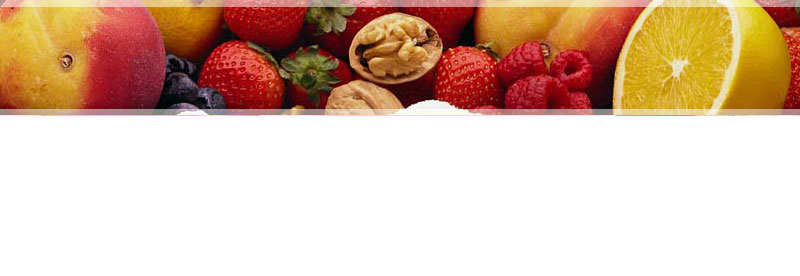Nutrition Questions and Answers
Vital Health Zone is proud to announce Lesa Rusher, who is our resident naturopathic expert and who is available to answer questions about nutrition and health.
Lesa Rusher is a qualified naturopath with a thriving business in Canberra, Australia and has a wealth of experience treating clients on a variety of health issues. Lesa Rusher's full credentials can be found in our experts area.
Lesa Rusher will answer your nutrition-related questions.
Q: What is a good multivitamin for someone over 60 to take?
Advertisement
A: The US Department of Agriculture's Human Nutrition Research Center on Aging has developed a new food guide pyramid for senior adults, as they have different nutritional needs than other adults.
Healthy adults ages 70 and over should follow different nutritional guidelines than other people, according to a new food guide pyramid developed by the US Department of Agriculture's Human Nutrition Research Center on Aging. This will take you to an external link.
When you chose a multivitamin ensure it has the following:
- The natural form of vitamin E (d-alpha tocopherol) - do not buy a supplement with the synthetic version of vitamin E, which is called dl-alpha-tocopherol, as it is poorly absorbed and not as good as the natural form of vitamin E
- Fish oil with omega 3 fatty acids - this is an excellent nutrient that is an anti-inflammatory and which has beneficial effects on the heart
- Good levels of calcium in the form of calcium citrate, calcium orotate or calcium amino acid chelate and you should be getting around 1200mg per day (this is equivalent to three servings of calcium-rich dairy products, such as milk, hard cheese or yogurt, which should be all low-fat)
- Good levels of vitamin D - you should be getting around 400IU or 10mcg per day (vitamin D helps the body to better absorb calcium)
- Good levels of magnesium - you should be getting around 420mg per day (magnesium helps the body to better absorb calcium)
- Minerals that do not have oxides - these are heavy and are not so well absorbed. The most common ones that have oxide added are: zinc oxide and magnesium oxide (but other minerals could have the oxides added) - do not buy any supplements if they contain these oxides
In addition to this, you should be eating the following foods:
- Foods high in fibre - to prevent constipation and help reduce cholesterol (fruits, vegetables, wholegrains, nuts, seeds)
- Low red fat meat
- Oily fish, such as salmon, trout, mackerel and tuna, which contain high levels of the essential fatty acid, omega-3. Just be sure to buy wild or deep ocean fish, as these contain more nutrients and have less risk of being tainted with heavy metals such as mercury
- Low fat dairy - this is an absolute necessity for women, to reduce risk of osteoporosis - ensure you have some foods high in calcium each day
Please note that the information provided is for educational purposes only and is not meant to diagnose or treat medical conditions. Consult with your medical physician regarding appropriateness of using supplements in your healing process.
Advertisement
Enjoy better health!


